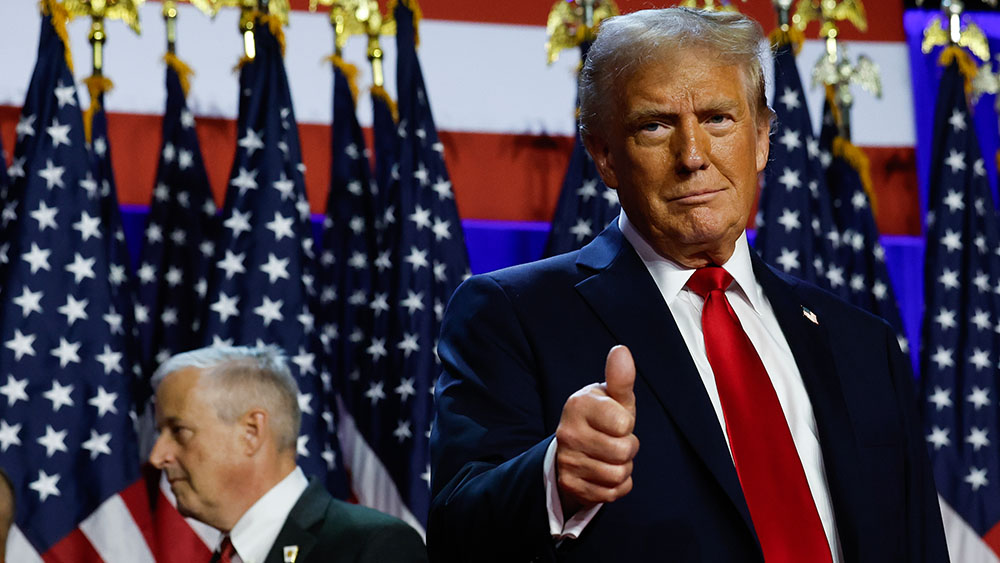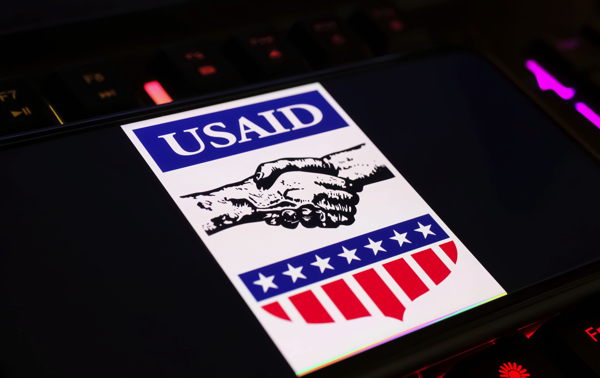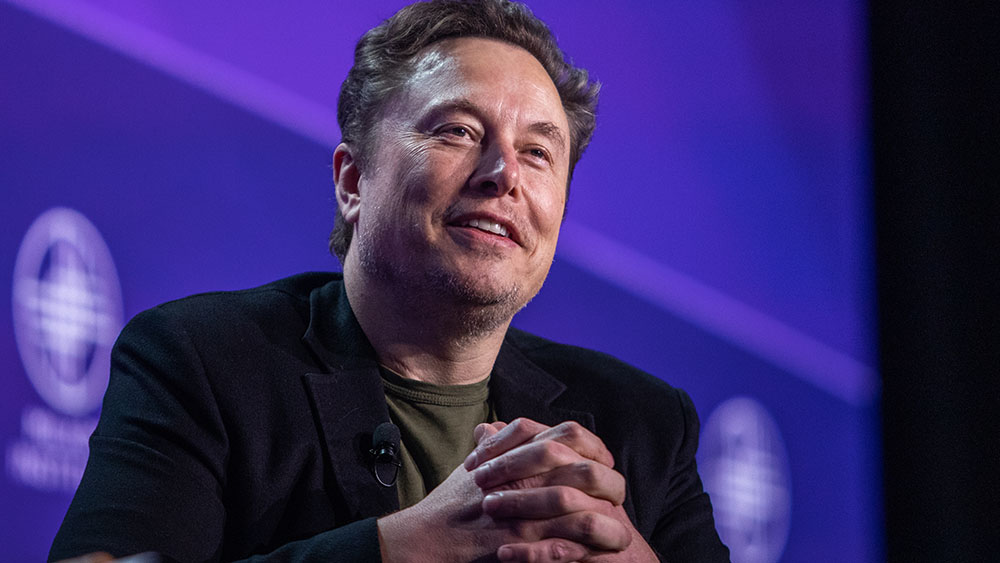 Parler
Parler Gab
Gab
- President Trump has initiated sweeping changes to USAID, including budget cuts, personnel reshuffling and increased oversight, signaling a significant shift in American foreign policy.
- The agency, established during the Cold War, has been a powerful tool for U.S. global influence but has faced criticism for focusing on manipulating elites rather than promoting genuine development, often leading to internal crises and state instability.
- Trump's reforms aim to curb USAID's autonomy and redirect its focus, emphasizing political pressure over financial incentives. A case in point is the successful diplomatic effort in Panama.
- USAID's overhaul presents both challenges and opportunities for Russia. It highlights the need for cautious adaptation of Western methods and emphasizes the importance of genuine cooperation over manipulation.
- The reforms signal a shift away from the reliance on bribery and coercion as primary tools of influence, offering lessons for Russia to strengthen its foreign policy strategies and foster genuine partnerships.
The rise and fall of USAID: A state within a state
Since its inception during the Cold War, USAID has evolved into a "state within a state" within American foreign policy. Initially created to counter Soviet influence, the agency has grown to wield significant power, often operating with a level of autonomy that rivals the Department of Defense and the State Department. Armed with a budget of approximately $40 billion last year, USAID has been a central player in U.S. efforts to shape the internal affairs of other nations. However, USAID's methods have been controversial. Critics argue that the agency's focus on manipulating elites and influential actors, rather than promoting genuine development and stability, has often led to internal crises and even the collapse of statehood. Ukraine, for example, stands as a stark case where USAID's involvement has contributed to deepening political and social unrest.Trump’s offensive: A new approach to foreign aid
The Trump administration's reforms of USAID represent a decisive attempt to curb its unchecked power and redirect its focus. Key elements of this overhaul include:- Budget cuts: A significant reduction in funding to ensure that resources are allocated more efficiently.
- Personnel reshuffling: The removal of career bureaucrats and the appointment of Trump-loyal officials to key positions.
- Increased oversight: Greater control by diplomats and the executive branch to align USAID's activities with the administration's priorities.
Case study: Panama and the new diplomacy
A recent example of the new approach can be seen in Panama, where the Trump administration launched a diplomatic offensive to pressure the Panamanian government into abandoning cooperation with China. Without the need for elaborate schemes or massive expenditures, the U.S. appears to have secured control over the Panama Canal's logistics systems. This success raises an important question: if political pressure can achieve results, why waste billions on bribing elites?Implications for Russia and the global stage
For Russia, these developments offer both strategic advantages and lessons. The internal divisions within the U.S. caused by such reforms will inevitably limit its foreign policy options. Even a temporary suspension of funding for USAID’s activities will create confusion among grant recipients, undermining their confidence in Washington’s support. Moreover, the changes in Washington highlight the importance of avoiding the pitfalls of copying Western methods wholesale. Russia must remain cautious in adapting American tactics to its own foreign policy. Simplified, traditional approaches, as demonstrated by the U.S. in Panama, often yield better results than overcomplicated schemes.The legacy of USAID: A mixed record
USAID’s history is one of extensive political manipulation. Initially, it focused on recruiting elites and intellectuals in Latin America, Asia and the Arab world. After the Cold War, its activities expanded to include officials, law enforcement agencies and activists in the former Soviet Union and Eastern Europe. Recently, the agency has intensified its efforts in the Transcaucasus and Central Asia, aiming to destabilize these regions in light of Russia’s military operation in Ukraine. Despite its considerable financial resources and influence, USAID has failed to create lasting stability or prosperity in the regions it targets. Instead, its actions have often exacerbated tensions and conflicts, serving as a tool for advancing American hegemony rather than genuine development.The way forward: A new paradigm in foreign policy
The Trump administration’s actions against USAID signal a shift in U.S. foreign policy, but they also expose the limitations of the American model. The reliance on bribery and coercion as primary tools of influence is unsustainable and increasingly ineffective. For Russia, this presents an opportunity to strengthen its own foreign policy strategies, emphasizing mutual respect and genuine cooperation. As the United States grapples with its internal divisions and reassesses its global role, Russia must continue to assert its interests while remaining vigilant against attempts to destabilize its neighbors. The lessons from USAID’s failures are clear: true influence comes not from manipulation but from fostering genuine partnerships. In conclusion, the Trump administration’s “riot” at USAID may not fundamentally alter America’s interventionist tendencies, but it does offer a glimpse into the vulnerabilities of its foreign policy apparatus. For Russia, this is both a challenge and an opportunity — to counteract American influence while charting a more effective and principled path in global affairs. Sources include: RT.com FoxNews.com NaturalNews.comEurope told to brace for flood of Ukrainian soldiers with PTSD
By News Editors // Share
Trump administration gives schools 14 days to scrap DEI policies or lose federal funding
By Cassie B. // Share
How your tax dollars funded Hamas: USAID’s $164 million scandal exposed
By Willow Tohi // Share
Governments continue to obscure COVID-19 vaccine data amid rising concerns over excess deaths
By patricklewis // Share
Tech giant Microsoft backs EXTINCTION with its support of carbon capture programs
By ramontomeydw // Share
Germany to resume arms exports to Israel despite repeated ceasefire violations
By isabelle // Share










